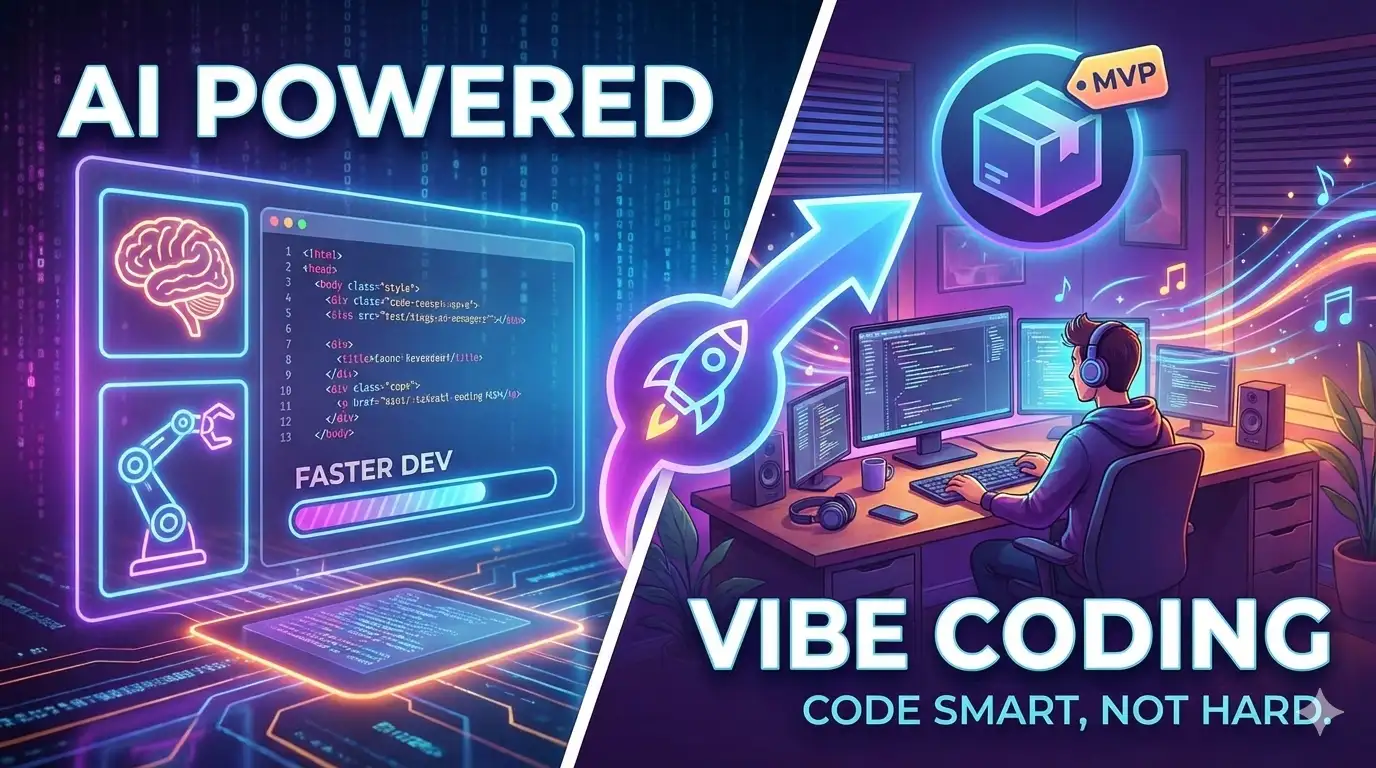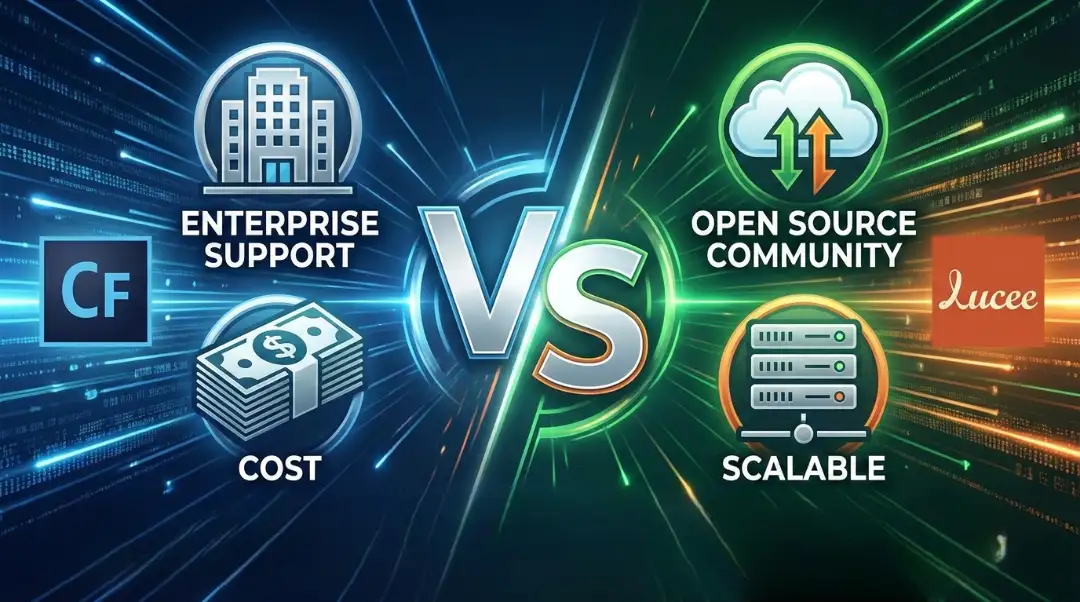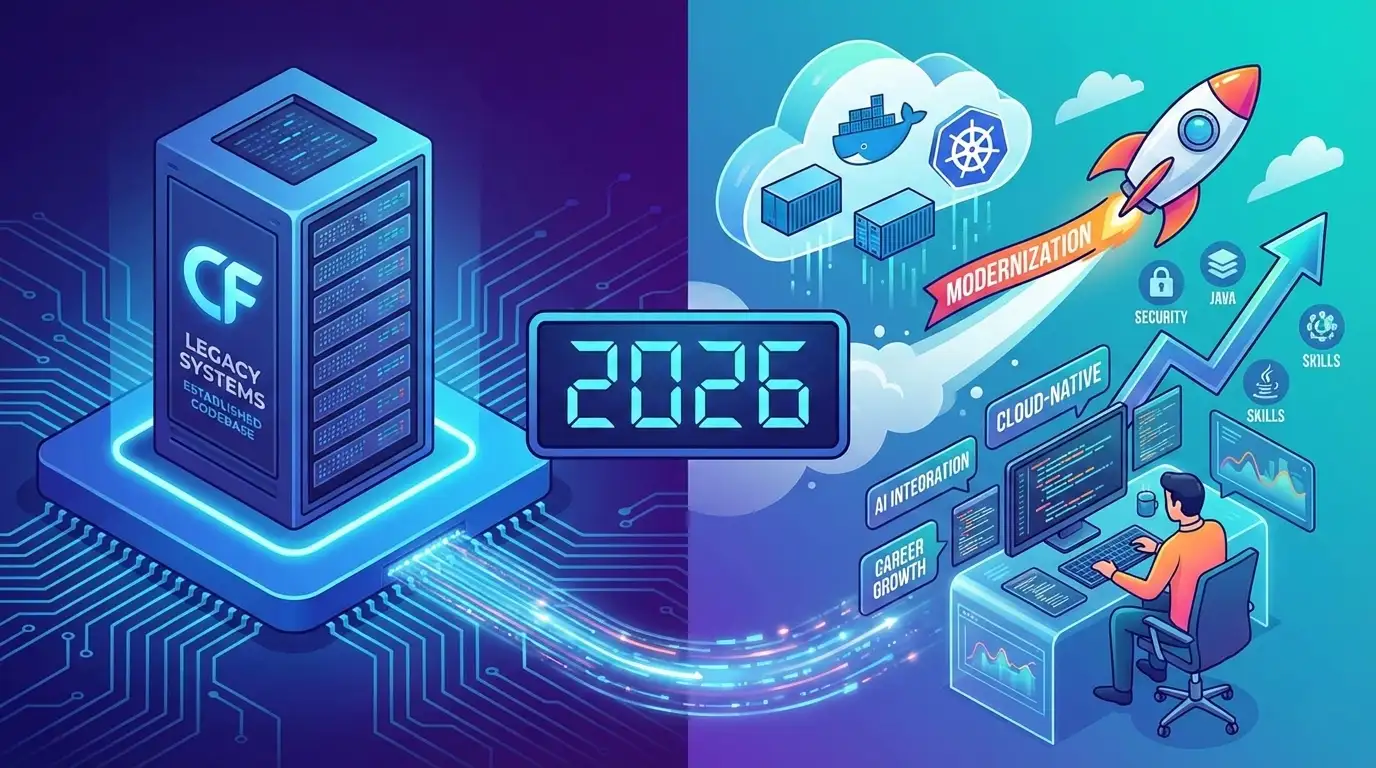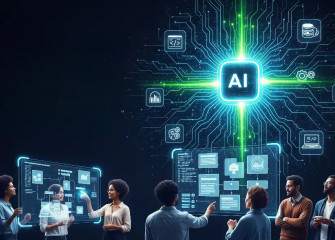Top Benefits of Mobile Apps in the Education Industry
Published by: Abhinav K VDec 04, 2024Blog
Mobile applications have emerged as important tools in the quickly changing educational scene, transforming the way students learn and instructors educate. Smartphones, once thought to be a major distraction, are now at the vanguard of an educational revolution. This trend may be credited mostly to the novel ideas offered by education app developers, especially in countries, where a devoted emphasis on making learning visually attractive has been witnessed with the assistance of Android app development businesses.
Gamification as a Bridge to Engaging Learning
Gamification is one of the most major benefits of mobile applications in education. These applications use gaming forms to teach complicated concepts in a fun and participatory way. For example, iOS app development companies are developing applications that not only clarify difficult concepts but also engage students via contests and awards. Gamification increases student interest in topics that might otherwise be boring and boring.
Using Gamified Approaches to Make Learning More Interesting
Mobile applications, which are based on gamification, make learning more fun by presenting difficult topics in a game-like fashion. Brilliant, a language learning program, exemplifies this method by combining language learning into interactive games. Not only does this make studying more pleasant, but it also motivates students to go deeper into topics by offering a competitive and rewarding atmosphere.
Individual Focus: Customized Learning Experiences
It might be difficult for a teacher to concentrate on each student equally in a typical classroom environment. Mobile education applications, on the other hand, provide a solution by enabling personalized learning experiences. These applications are capable of adapting to each learner's unique learning style and level, reducing confusion and frustration. Because these applications are individualized, each session is adjusted to accomplish the targeted learning goals for the specific learner.
Real-time Communication: Bridging the Communication Gap
Mobile educational applications allow students, instructors, and parents to communicate in real time. Students may contact their instructors directly for clarification, while parents can ask about their children's development. This communication bridge guarantees that critical information is transmitted quickly, resulting in greater engagement and comprehension.
Automating Dull Administrative Tasks
Mobile applications help to automate time-consuming administrative procedures like attendance monitoring and assignment submissions. This efficiency not only saves crucial class time, but also assures that students have easy access to knowledge without having to do extra effort. The automation of record-keeping activities simplifies the educational process, making it more effective and learning-centered.
Psychology and Motivation in Modern Learning Techniques
By implementing new learning approaches, top mobile application development firms in Bangalore are actively addressing students' psychology. To engage students and make learning fun, these applications include audio-visual modes, interactive assignments, puzzles, and educational games. The introduction of innovation into the learning process increases motivation and enthusiasm, making education more attractive to the younger generation.
A Systematic and Comprehensive Approach to Learning
Education applications help students analyze and absorb content in a methodical way. These applications foster practical comprehension rather than rote memorization by taking a holistic approach to learning. Students receive a more in-depth awareness of what, how, and when to explore, resulting in a more profound and long-lasting comprehension of the topics.
Cost-effectiveness: Learning for Everyone
One of the most noticeable advantages of educational applications is their low cost. These applications make excellent education more accessible to a wider variety of students by offering flexible payment choices such as installment plans and pay-per-session models. This cost-effectiveness guarantees that access to great learning materials is not hampered by budgetary restrictions.
Educational System Transformation
In countries the embrace of digitization in education is altering the whole educational system. Students are adopting innovative learning approaches, opening the door for a change in conventional teaching and learning paradigms. Mobile app integration is transforming the educational environment by making learning more interesting, individualized, and accessible.
Embracing Modern Learning Through Mobile Apps
Finally, the use of mobile applications in education has resulted in a paradigm change in how students approach learning. E-learning applications have not only made problem-solving easier, but they have also proven essential in skill development.
Conclusion
In conclusion, mobile apps have revolutionized education by infusing gamification, personalized learning, and real-time communication. These tools have turned once-distracting smartphones into invaluable assets, fostering engagement and individualized understanding. As administrative tasks are automated, educators can focus on impactful teaching. The cost-effective nature of these apps ensures accessibility for all. The digitalization of education is not a trend but a paradigm shift, embraced by students and educators alike. This is not just a journey; it's a commitment to an inclusive, engaging, and limitless future of learning.



 AI-Powered MVP Development: Sm....
AI-Powered MVP Development: Sm....
 Build Your MVP Faster: AI Tool....
Build Your MVP Faster: AI Tool....
 ColdFusion to Lucee Migration ....
ColdFusion to Lucee Migration ....
 ColdFusion vs Lucee: Which Is ....
ColdFusion vs Lucee: Which Is ....
 Is ColdFusion Still Relevant i....
Is ColdFusion Still Relevant i....



Your Trusted Software Development Company